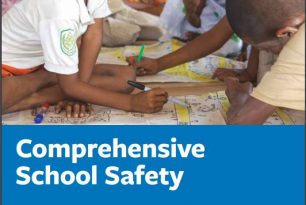
This framework provides a comprehensive approach to reducing risks from all hazards to the education sector.
![]()
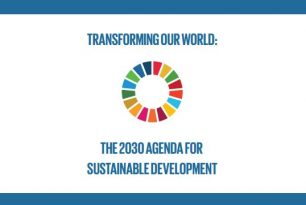
The 17 Sustainable Development Goals (SDGs) of the 2030 Agenda for Sustainable Development — adopted by world leaders in September 2015 officially came into force on 1 January 2016. Over the next fifteen years, with these new Goals that universally apply to all, countries will mobilize efforts to end all forms of poverty, fight inequalities and tackle climate change, while ensuring that no one is left behind.
![]()

The Paris Agreement’s central aim is to strengthen the global response to the threat of climate change by keeping a global temperature rise this century well below 2 degrees Celsius above pre-industrial levels and to pursue efforts to limit the temperature increase even further to 1.5 degrees Celsius. Additionally, the agreement aims to strengthen the ability of countries to deal with the impacts of climate change. To reach these ambitious goals, appropriate financial flows, a new technology framework and an enhanced capacity building framework will be put in place, thus supporting action by developing countries and the most vulnerable countries, in line with their own national objectives. The Agreement also provides for enhanced transparency of action and support through a more robust transparency framework.
![]()
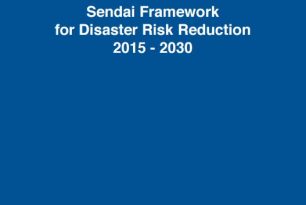
The framework aims to achieve the substantial reduction of disaster risk and losses in lives, livelihoods and health and in the economic, physical, social, cultural and environmental assets of persons, businesses, communities and countries over the next 15 years.
The framework applies to the risk of small-scale and large-scale, frequent and infrequent, sudden and slow-onset disasters, caused by natural or manmade hazards as well as related environmental, technological and biological hazards and risks. It aims to guide the multi-hazard management of disaster risk in development at all levels as well as within and across all sectors.
![]()
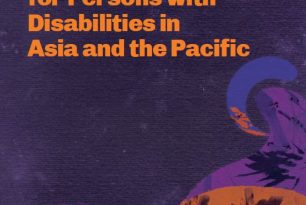
The Incheon Strategy provides the Asian and Pacific region, and the world, with the first set of regionally agreed disability-inclusive development goals. The strategy comprises 10 goals, 27 targets and 62 indicators.
The strategy will enable the Asian and Pacific region to track progress towards improving the quality of life, and the fulfilment of the rights of the region’s 650 million people with disabilities, most of whom live in poverty.
![]()
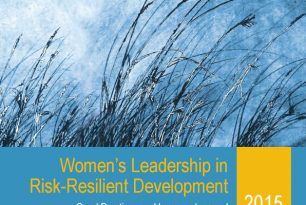
This publication aims to shed some light on women’s capabilities to take leading roles in building disaster resilience. It features women as drivers of change in different socio-economic contexts, and under various gender conditions.
The publication includes case studies from 14 countries in Africa, Asia and Oceania. For each case study it looks at the initiative, its impact and results, the good practices, lessons learned and potential for replication.
![]()